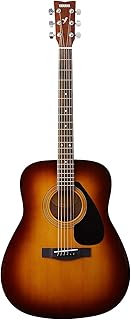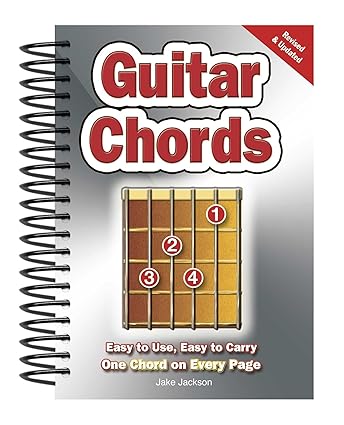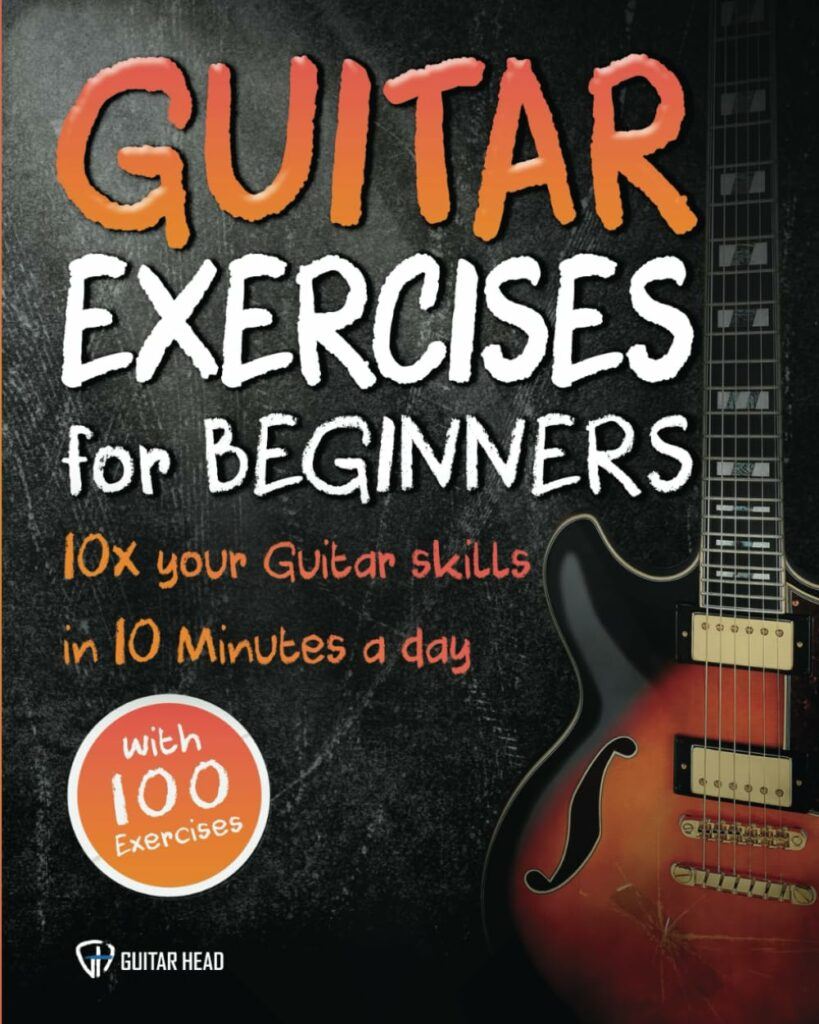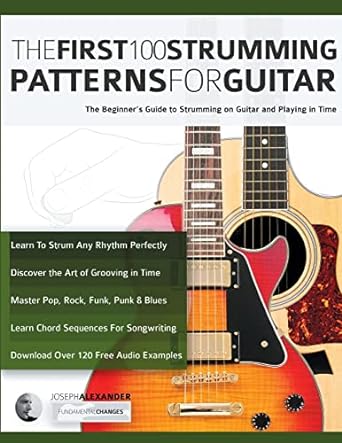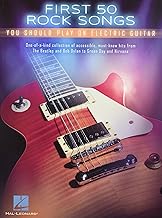Whether you’re picking up the guitar for the first time or looking to refine your skills, this guide covers essential tips, tricks, and strategies to accelerate your learning and make your guitar journey more enjoyable.

1. Choose the Right Guitar for You
- Why It Matters: Finding a guitar that suits your style and comfort level can make a big difference in your learning experience.
- Tips: Beginners might want to start with an acoustic guitar, as it’s simpler and doesn’t require an amplifier. For those interested in rock or jazz, an electric guitar could be more suitable. Test out a few models to find one that feels good in your hands.

2. Set Up a Regular Practice Routine
- Why It Matters: Consistency is key in building muscle memory and improving your skills.
- Tips: Aim to practice every day, even if it’s just for 15–30 minutes. Set aside dedicated time each day, and gradually increase practice sessions as you get more comfortable.
3. Start with Basic Chords and Simple Songs
- Why It Matters: Building a foundation with basic chords helps you play a wide variety of songs and progress faster.
- Tips: Start with basic open chords like C, G, D, E, and A. Practice transitioning between them smoothly, and use these chords to play simple songs. This will help you develop rhythm and finger strength.
4. Focus on Proper Technique from Day One
- Why It Matters: Good technique makes playing easier and prevents bad habits that are hard to unlearn later.
- Tips: Pay attention to posture, finger placement, and strumming patterns. Use the tips of your fingers, keep your thumb positioned behind the neck, and relax your shoulders and hands while playing.
5. Use a Metronome to Improve Your Timing
- Why It Matters: Rhythm is a fundamental part of guitar playing, and a metronome helps you develop a steady pace.
- Tips: Start at a slow tempo and gradually increase the speed as you become more comfortable. Practicing with a metronome improves timing and makes it easier to play along with others.
6. Develop Your Ear-Training Skills
- Why It Matters: Ear training helps you recognize notes, chords, and scales, making it easier to play by ear and improvise.
- Tips: Listen closely to songs, try to pick out individual notes or chords, and practice matching them on your guitar. Apps like “EarMaster” or “Functional Ear Trainer” can help with ear training.
7. Learn Basic Music Theory
- Why It Matters: Understanding music theory makes it easier to learn songs, understand chord progressions, and create your own music.
- Tips: Start by learning about scales, chord construction, and the musical alphabet. Knowing basic theory can also help with songwriting and improvisation.
8. Practice Finger Exercises and Scales
- Why It Matters: Finger exercises and scales build finger strength, flexibility, and speed.
- Tips: Start with simple exercises, like the “1234” exercise, where you use each finger on consecutive frets. Practice scales like the major and pentatonic scales to improve your finger coordination and learn the fretboard.
9. Break Down Songs into Smaller Parts
- Why It Matters: Learning one part of a song at a time is less overwhelming and more effective.
- Tips: Start with the intro or verse and focus on mastering that section before moving on. This approach helps you learn complex songs faster and with less frustration.
10. Experiment with Strumming and Picking Patterns
- Why It Matters: Mastering different strumming and picking patterns helps you create a more dynamic sound.
- Tips: Practice basic downstrokes and upstrokes, and try out different strumming patterns for variety. For picking, try alternating between fingerpicking and using a pick to see what feels best for you.
11. Record Your Practice Sessions
- Why It Matters: Recording allows you to hear your progress and identify areas for improvement.
- Tips: Use your phone or a basic recording device to capture your playing. Listen back to identify mistakes or areas where you could improve, like timing, clarity, or dynamics.
12. Play Along with Backing Tracks
- Why It Matters: Playing with backing tracks simulates playing with a band, which helps with timing and rhythm.
- Tips: Find backing tracks online in your preferred genre and practice playing along. This will build confidence and make practicing more engaging.
13. Don’t Be Afraid to Experiment with New Genres
- Why It Matters: Trying new genres can introduce you to different techniques and broaden your skills.
- Tips: If you mainly play rock, try experimenting with jazz or blues. Each genre has unique techniques, and exploring them can help you become a more versatile guitarist.
14. Take Advantage of Online Resources
- Why It Matters: There are countless resources available online to help you learn and improve.
- Tips: Use YouTube tutorials, apps, and websites like Fender Play, JustinGuitar, or Yousician for free or affordable lessons. Online forums like Reddit or Ultimate Guitar also provide tips and a community for support.
15. Join a Guitar Community
- Why It Matters: Being part of a community can boost motivation and provide valuable feedback.
- Tips: Look for local guitar groups, jam sessions, or online communities where you can ask questions, share progress, and learn from others. Playing with other musicians is a great way to grow.
16. Be Patient and Celebrate Small Wins
- Why It Matters: Learning an instrument is a marathon, not a sprint. Small achievements keep you motivated.
- Tips: Set achievable goals, like learning a new chord or song each week. Celebrate each milestone, and remember that every great guitarist started as a beginner.
Conclusion: Building a Lifelong Guitar Journey
Mastering the guitar takes time, but with the right approach, you can make consistent progress and enjoy the process. Focus on building a solid foundation, practice regularly, and don’t be afraid to experiment with new techniques or genres. Most importantly, have fun with your guitar journey and celebrate each step along the way.

